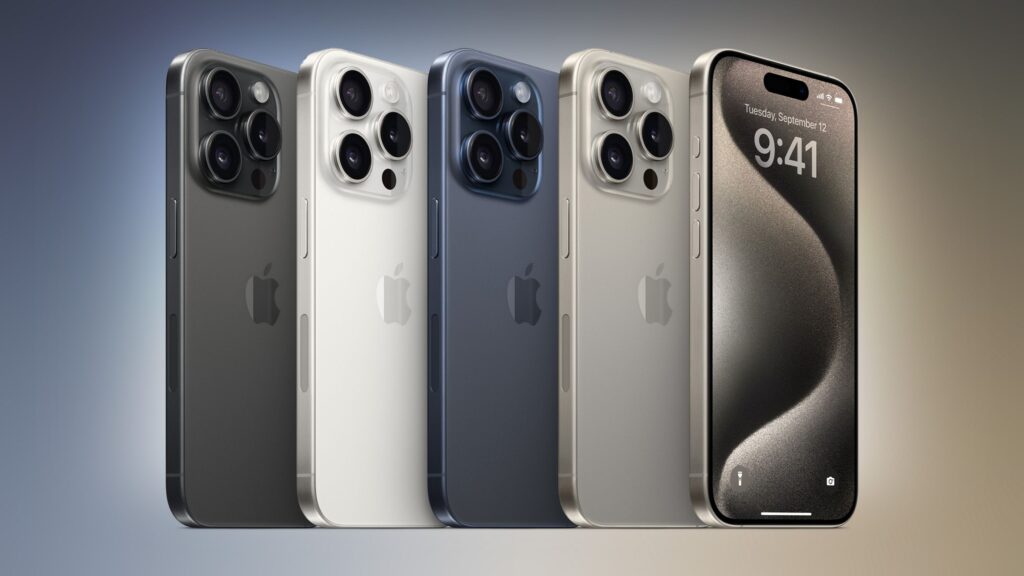In today’s digital age, smartphones are not only a communication tool, but also the center of our daily life, carrying multiple functions such as social interaction, entertainment, and work. With the rapid development of technology, the speed of mobile phone replacement is accelerating, and new products are frequently launched on the market, which makes people dizzy. Therefore, a common question troubles consumers: “How often should I change my smartphone to be considered normal?”
Behind this question, there are many factors such as smartphone manufacturers, consumer psychology, technological progress, and economic considerations. Insiders revealed that the frequency of smartphone replacement is, to a large extent, actually an “invisible rule” that smartphone manufacturers have long set in product design, marketing strategy, and even software update strategy.
Table of Contents
Manufacturers’ strategic layout
First, from the perspective of smartphone manufacturers, encouraging consumers to regularly replace their phones is an important part of their business logic. In order to maintain market competitiveness, manufacturers need to continuously launch new products to attract users with technological innovation or design innovation. This “new product promotion” strategy not only promotes sales growth, but also enhances brand vitality. In order to guide consumers to change their phones, manufacturers will work hard on multiple levels:
Technological innovation: Every time a new product is released, there are always some eye-catching technological breakthroughs, such as more powerful processors, clearer cameras, longer battery life, etc. These technological innovations directly improve the user experience and make old smartphones seem “outdated”.
Software updates: Smartphone manufacturers often optimize the user experience through system updates, but over time, support for older models will gradually weaken. The launch of new features is often not compatible with old devices, forcing users to consider upgrading their hardware.
Marketing strategy: Through advertising, social media, celebrity endorsements and other means, the concept of “new phone = better life” is constantly instilled into consumers to stimulate their desire to buy.
Also Read: Best Selfie Camera App for Android & iOS SmartphoneConsumer psychology and needs
On the consumer side, the frequency of changing phones is also affected by a variety of psychological factors and needs:
Pursuit of novelty: Humans are naturally curious about new things. As smartphones become a necessity in life, buying new phones has become a way for many people to pursue novelty and satisfaction.
Social pressure: Showing your life on social media has become a daily routine for many people. Owning a new mobile phone can often improve your personal image and reduce social pressure.

Functional requirements: As work and lifestyles change, people’s functional requirements for smartphones are also changing. For example, they need a higher-pixel camera to record their lives, or a more powerful processor to cope with work needs.
Economic ability: Of course, economic ability is also a key factor in determining the frequency of changing phones. For people with better economic conditions, the frequency of changing phones will naturally be higher.
Reasonable considerations for changing phones
However, in the face of manufacturers’ new product promotion strategies and consumers’ psychological needs, should we blindly follow the trend of changing phones? The answer is obviously no. To rationally change phones, we need to consider the following aspects:
Actual needs: First, clarify your actual needs. Do you really need a new phone to meet new needs in work, study or life?
Cost-effectiveness: Before deciding to change your phone, compare different brands and models of smartphones and evaluate their cost-effectiveness. Choose the phone that best suits your needs and is reasonably priced.
Environmental protection and sustainability: As environmental awareness increases, we should also pay attention to the sustainability of smartphones. Extending the life of mobile phones and reducing the generation of electronic waste are manifestations of environmental responsibility.

Software support: Understand the software update strategy of the smartphone manufacturer to ensure that the selected model will receive good system support in the future.
Conclusion
In summary, there is no fixed answer to how often a smartphone should be replaced. It is affected by many factors, such as the strategies of mobile phone manufacturers, consumer psychology and needs, economic ability, and environmental awareness. As consumers, we should make decisions based on our actual situation and needs, and avoid blindly following the trend. In this era of information explosion, only by maintaining rationality and clarity can we make the choice that best suits our own interests. After all, mobile phones are just tools, and how to make this tool better serve our lives is the focus we should pay attention to.




